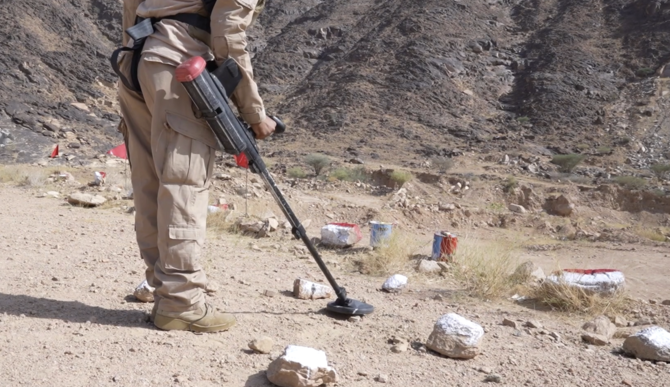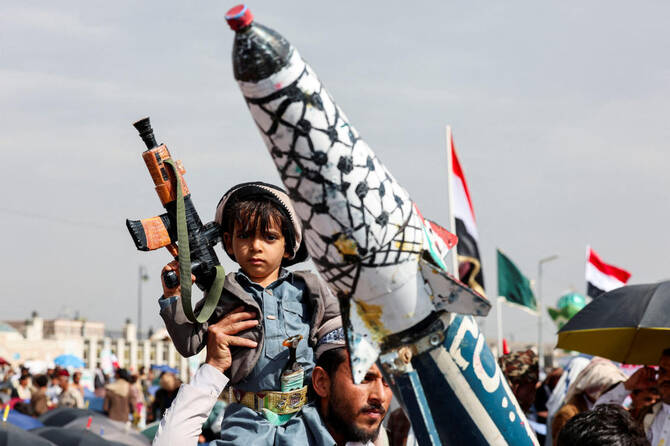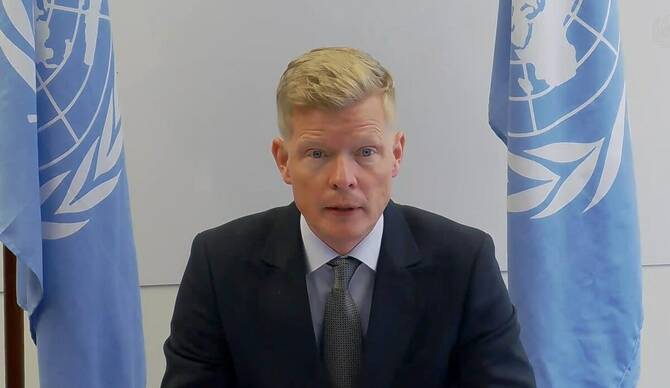RIYADH: Saudi Arabia’s Project Masam dismantled 725 mines in Yemen, planted by the Iran-backed Houthi militia, in the first week of January.
Overseen by Saudi Arabia’s aid agency KSrelief, the project’s teams destroyed 596 unexploded ordnance, 126 anti-tank mines, two anti-personnel mines, and one explosive device.
The explosives, which were planted indiscriminately by the Houthis across Yemen, poses a threat to civilians including children, women and the elderly.
Project Masam is one of several initiatives undertaken by Saudi Arabia on the orders of King Salman to help the Yemeni people, clearing routes for humanitarian aid to reach the country’s citizens.
The demining operations took place in Marib, Aden, Jouf, Shabwa, Taiz, Hodeidah, Lahij, Sanaa, Al-Bayda, Al-Dhale and Saada.
A total of 427,534 mines have been cleared since the start of the initiative in 2018, according to Ousama Al-Gosaibi, the project’s managing director.
The project trains local demining engineers and provides them with modern equipment. It also offers support to Yemenis injured by the devices.
Meanwhile, KSrelief launched training and empowerment courses in Yemen’s Hadramout governorate as part of a project to help girls return to school.
Saudi Arabia’s Ministry of Education is working with the Islamic World Educational, Scientific and Cultural Organization to implement the project.
The beneficiaries were trained to sew and embroidery, and manufacture food and pastry, among other courses to develop their skills.
The project aims to empower girls by supplying essential resources to 21 schools, conducting training for 350 teachers and mentors, setting up 64 classrooms in displacement camps, supporting 280 female heads of families, and launching 14 awareness campaigns.






















